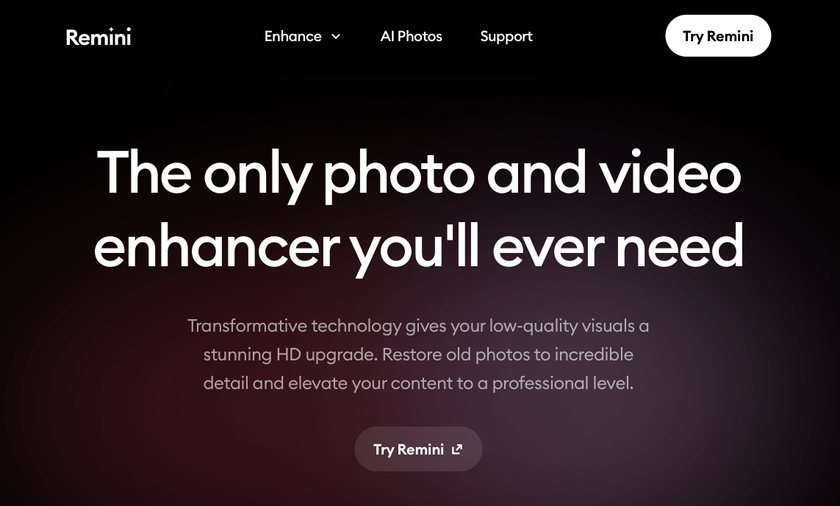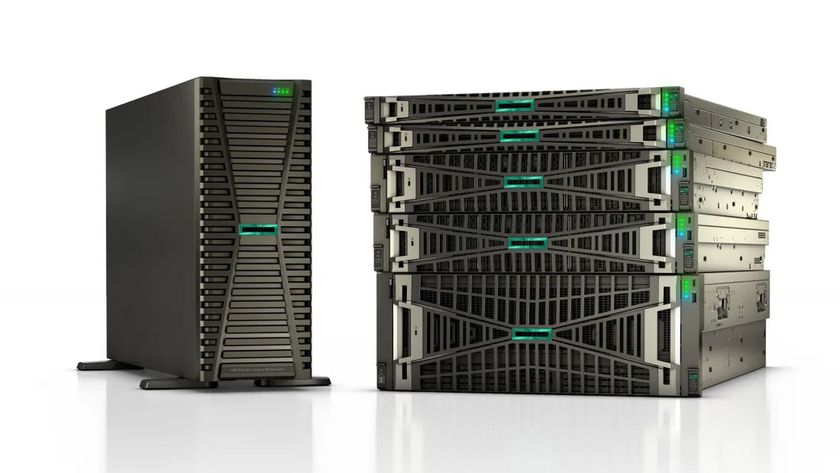How the cloud is giving mid-sized hotels the reach of five-star ones
Leaving behind legacy systems for the cloud

Technology and innovation have stopped taking us by surprise. Every year numerous new solutions and technological concepts enter the market addressing issues, solving problems, easing operations and keeping the hospitality industry vibrant and ever changing.
We have seen the advent of Online Travel Agents (OTA), Global Distribution Systems (GDS) and Meta Search Engines from OTAs. In hotels, we have seen key card systems, entertainment systems, call accounting systems and more. But, out of all the new trends in the hospitality domain in the last two years, the cloud has been one of the most talked about, discussed, debated and adopted.
From small and mid-sized hoteliers, chains to five-star hotels, from upcoming cloud-based systems to well-established players like Opera and Amadeus, everyone's had to give attention to the cloud to avoid being swept away by the rise of this giant wave.
The impact of cloud technology was clearly evident at HITEC 2014 (Hospitality Industry Technology Exposition & Conference) where throughout the conference, the recurring theme was Cloud and SaaS. In the past year itself, the industry has seen some major mergers and acquisitions in this space: Priceline acquired Buuteeq and OpenTable, Amadeus increased in cloud spending and Oracle bought Micros for $5.3 billion (around £3.4 billion, AU$6.8 billion).
As per the 2014 Lodging Technology Study, out of 16 technology areas where hotels are planning upgrades and migrations, property management system (PMS) accounted for the largest spending, with 41% of hotels planning to upgrade their PMS in 18 months or more.
Cloud advantages
With innumerable systems and departments, managing a hotel today is a lot more challenging and complex. There is a lot more expected from the property management system than just handling reservations and billing. The existing legacy property management systems that some hotels are using hold them back from reaching out to the customers in time, and also add to the costs of operations with server, upgrading and maintenance expenses.
In contrast, cloud systems offers hoteliers many inherent advantages:
Are you a pro? Subscribe to our newsletter
Sign up to the TechRadar Pro newsletter to get all the top news, opinion, features and guidance your business needs to succeed!
Capability to connect to online channels. With the majority of hotel reservations going online, cloud systems provide an advantage to hotels in connecting to online travel agents, global distribution systems and even integrating bookings via their Facebook page.
Easy adaptation to newer guest expectations. The rise in the usage of multiple smart devices to search for holidays means that travellers want quick and user-friendly means of accessing hotel information and making bookings. Cloud PMSs are more geared towards integrating and adapting to this trend.
Integration with other cloud providers. Companies offering channel management services, property management and revenue management systems are going cloud-based. Legacy systems cannot integrate with cloud-based systems as well as cloud can. This is clearly seen with the rapid growth of integrations between channel managers like SiteMinder and Vertical Booking with cloud Property Management Systems.
Quicker Return on Investment. By opting for a cloud-based property management system, a hotel business can enjoy ROI within weeks as it cuts down on IT, maintenance, additional infrastructure and manpower costs.
Automatic data backup. The biggest concern that hoteliers have with cloud adoption is regarding their data. However, quality cloud system providers give importance to data security and use reliable data centres and IAAS providers. These data centres offer multiple failovers unlike legacy systems where the data storage is on-premise and prone to theft or loss due to natural calamities.
The cloud is green. With an increasing number of hoteliers as well as travellers giving preference to eco-conscious practices, cloud-based systems become the natural choice as they further the cause of encouraging green technology.
Cloud systems are slowly rolling in and replacing legacy systems. As the industry grows, the legacy systems of yesterday shrink into the distance. Hotels drive forward, leaving the old, bulky systems in the dust. While the future of this rapidly changing industry is difficult to predict, the shift to more cloud-based, tech-driven management is here to stay.
The ease and sophistication of cloud systems give management the necessary time to focus on creating the perfect stay for their guests. In 2015, it will become important for the hospitality industry, especially the small and medium-sized hoteliers, to rely on cloud technology that is agile and business enhancing.
- Aditya Sanghi is Co-Founder and CEO of Hotelogix.com
Most Popular





